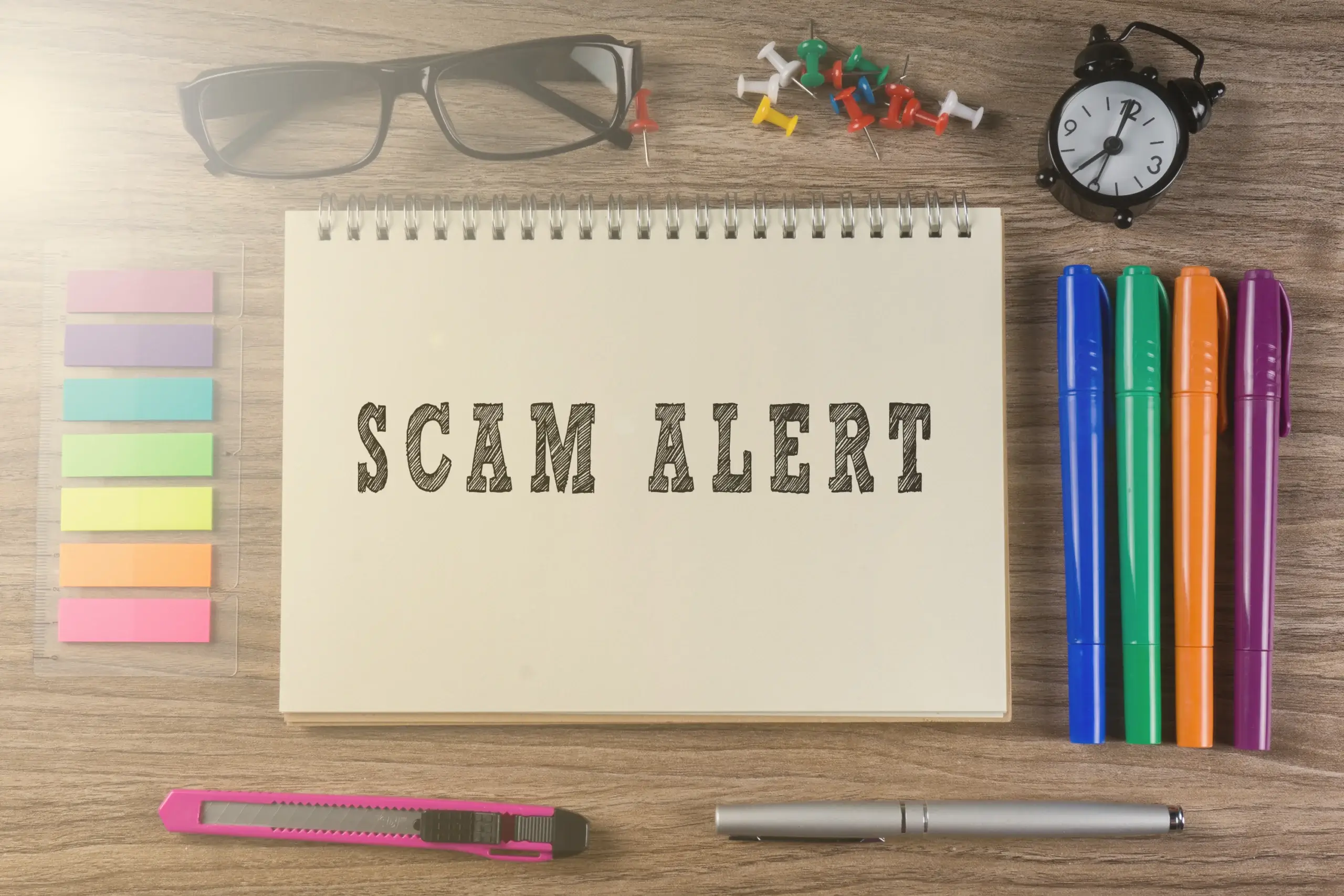
Don’t Get Caught in an Emergency Scam!
Tuesday, Mar 19 2024

It’s your grandson on the line and he’s in deep trouble! He’s telling you he’s been kidnapped for ransom, or perhaps he’s in trouble with the police and needs money for bail. Whatever the “emergency,” he’s asking you to wire money ASAP!
You may already be calculating how much you can send, but pause for a moment, because you’re likely being scammed. Here’s what you need to know about emergency scams and how to protect yourself.
How the scams play out
In an emergency scam, a target receives a phone call, email, or text message allegedly from a close relative. The caller claims to have been caught in hot water, which can be anything from a kidnapping, an issue with the police, a car accident or even getting stuck overseas with no money. Sometimes, the call will include another party, such as the “kidnappers” or “police officers” who are supposedly involved in the emergency.
The caller will then ask the target to send over money as soon as possible using a wire transfer or prepaid debit card. They’ll also demand that this information not be shared with any other family members. They’ll claim to be embarrassed that they’ve gotten into this situation and ask that you honor their request to keep it quiet.
While emergency scams are commonly played out with a grandparent of an alleged caller, they can also target parents, uncles, aunts, and siblings of the “caller”. They may even call posing as a friend or old neighbor of the target in an attempt to lure them into the scam.
Unfortunately, if the target follows the directions of the caller and sends over money, these funds will go directly into the pockets of a scammer.
How emergency scams lure victims
If you’re reading the description of an emergency scam and thinking that no one could fall for one of these ruses, think again. Scammers use several convincing methods to convince their targets that they are the caller they claim to be.
First, the scammer will troll the target’s social media pages to learn their name, home address, job details, date of birth, and any other details about their life. Sometimes, they’ll hack the target’s email account to get this information.
Next, scammers may pretend to be an “authority figure” who allegedly authenticates the caller’s story. They may pose as a lawyer, police officer, or even a doctor. Victims are often pulled into the scam when they hear an alleged authority figure on the call with their relative.
Finally, some scammers go the extra mile by using AI to clone the “caller’s” voice. They simply scrape an audio clip they find on the internet and then use a voice-cloning program to make the emergency sound legitimate, even though it never happened.
Red flags
Here are some signs that can alert you to the possibility of an emergency scam:
- Your “relative” calls you to tell you about an emergency situation they’ve landed in, but they ask that you not share this information with any other family members.
- You’re urged to act quickly.
- You’re asked to send money via untraceable means, such as a wire transfer, prepaid gift card or cryptocurrency.
- You’re asked to share sensitive information over the phone.
Protect yourself
Follow these tips to keep yourself safe from emergency scams:
- If a friend or family member calls you with an urgent request for funds, hang up and call them directly from a phone number they’ll recognize.
- Never wire money or send a prepaid gift card to an unverified contact.
- If you’re unsure whether a caller is actually your friend or family member, ask them questions about some of your shared memories to determine if the caller is actually who they claim to be.
- Always be cautious and avoid acting rashly, regardless of the situation.
- Don’t share your personal information with an unknown contact.
- Don’t be afraid to share details of a phone call with other family members and friends, despite instructions not to do so.
Emergency scams play on the target’s emotions and assume they will act quickly to save their relative from a hairy situation. Stay calm and alert, and use the information here to avoid getting caught in an emergency scam.




